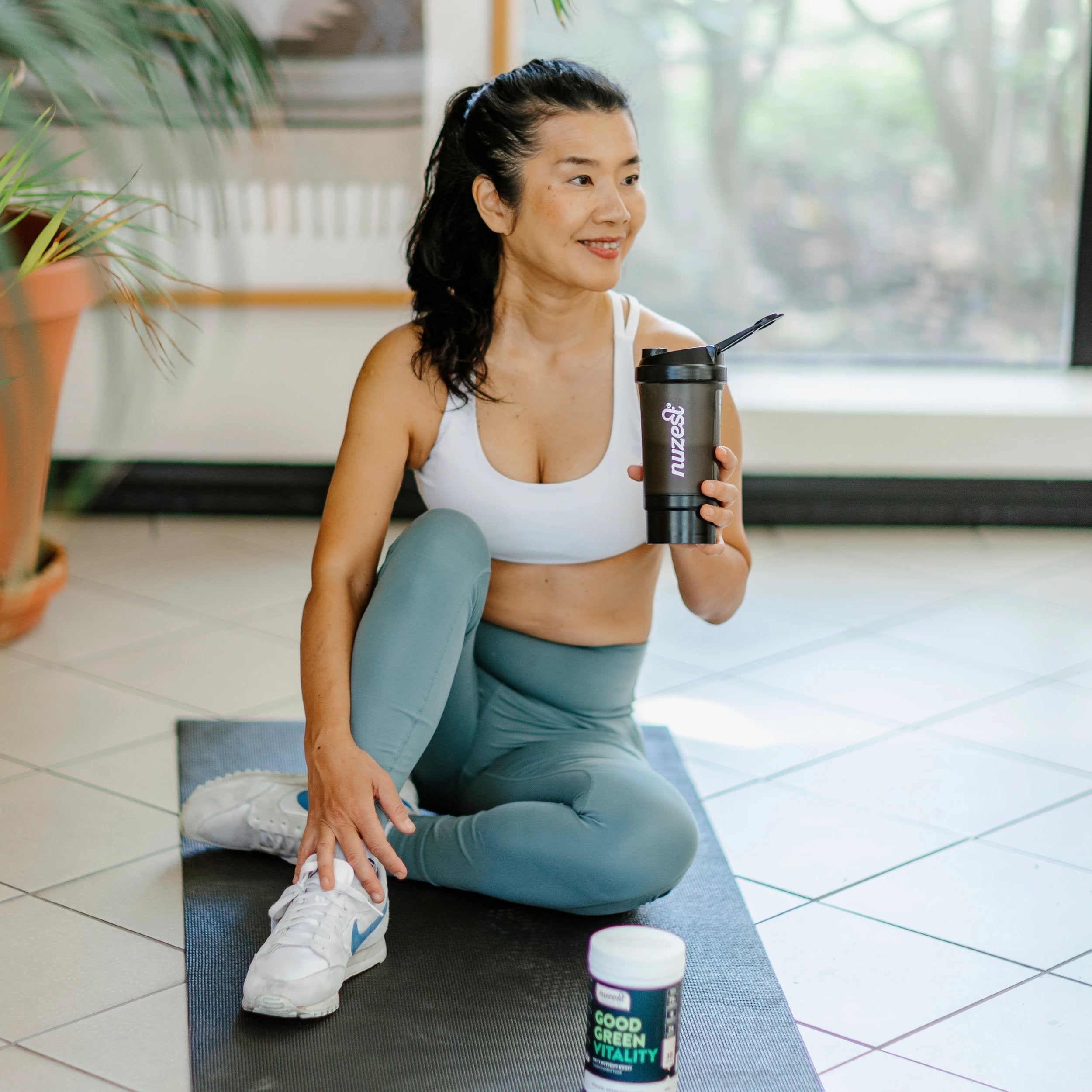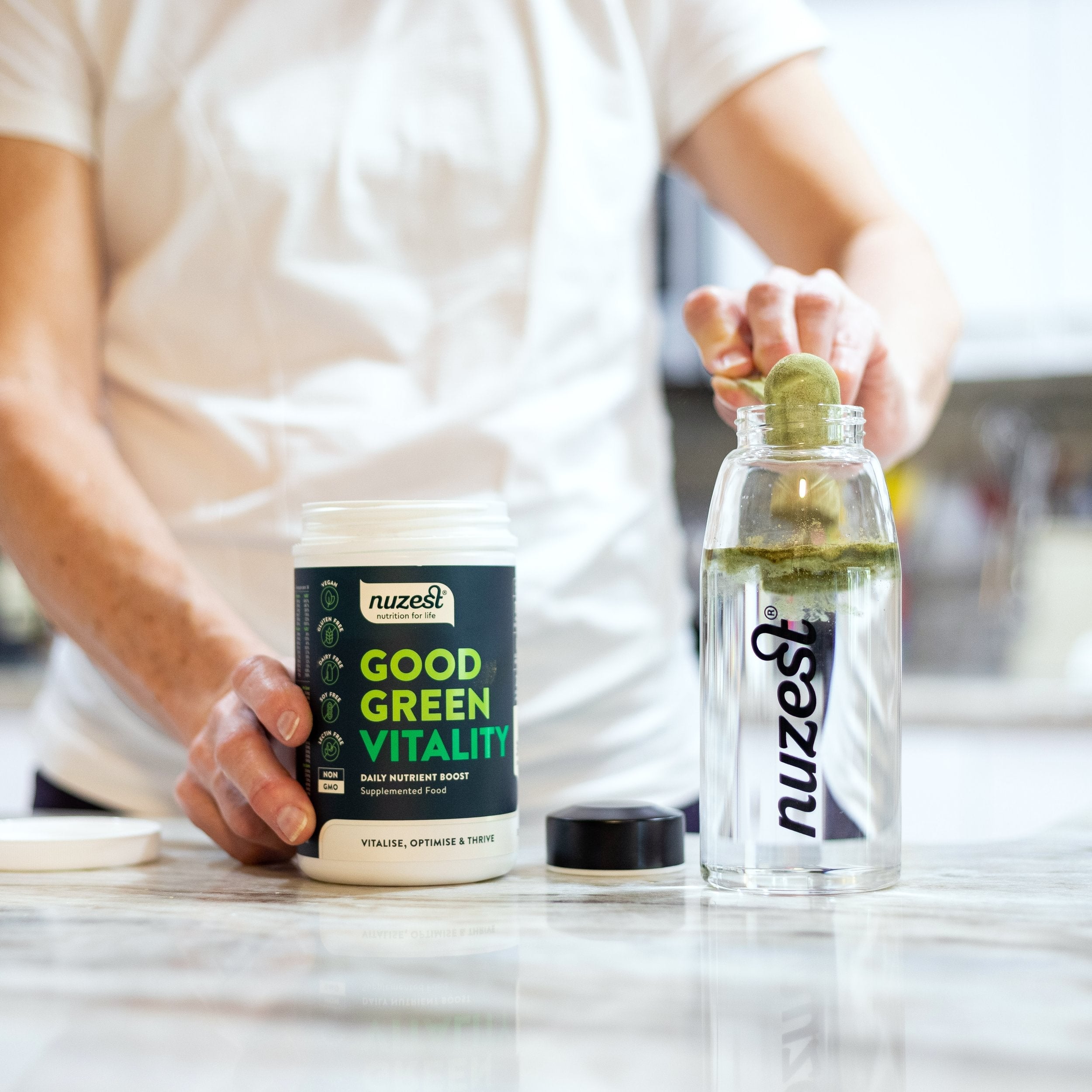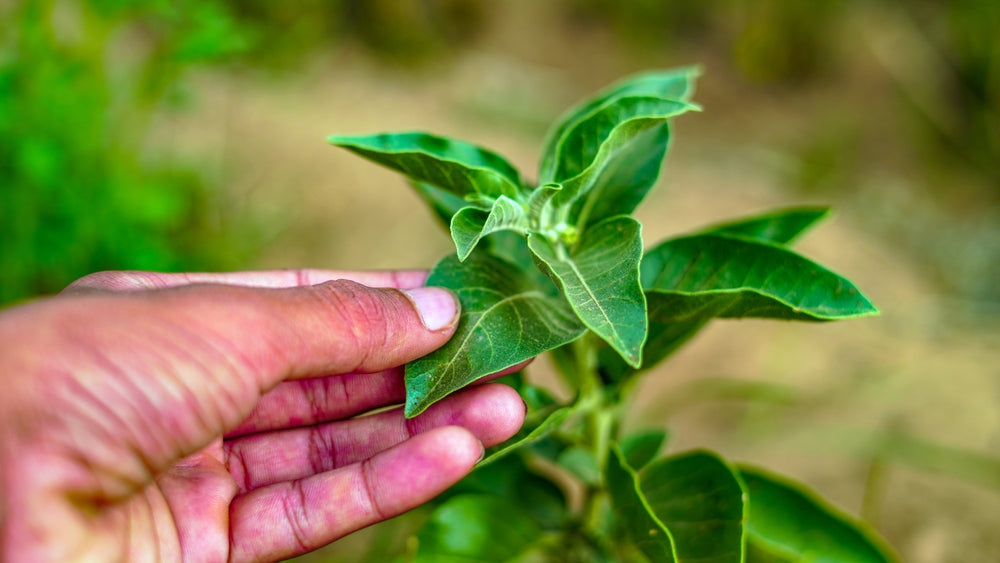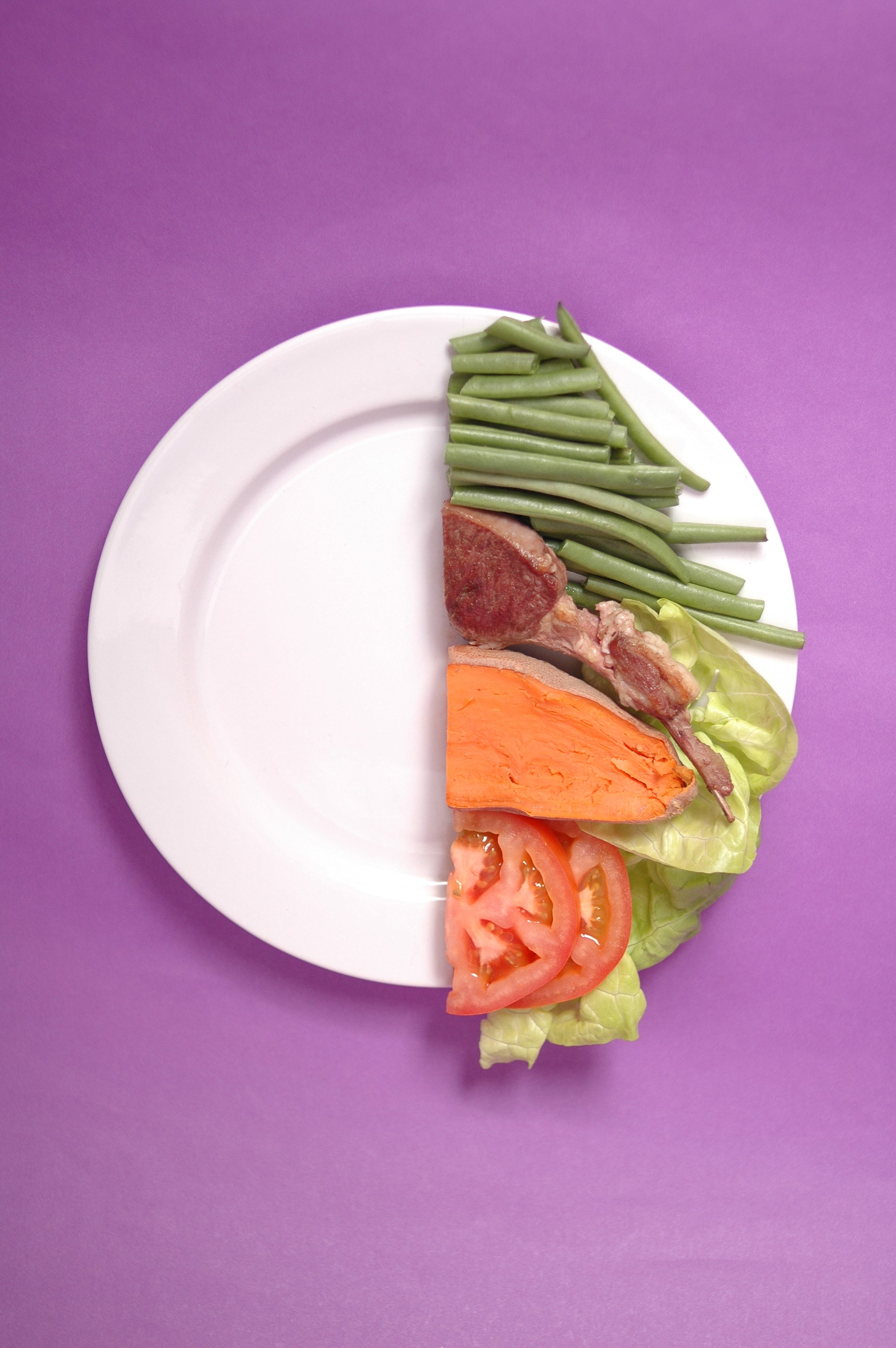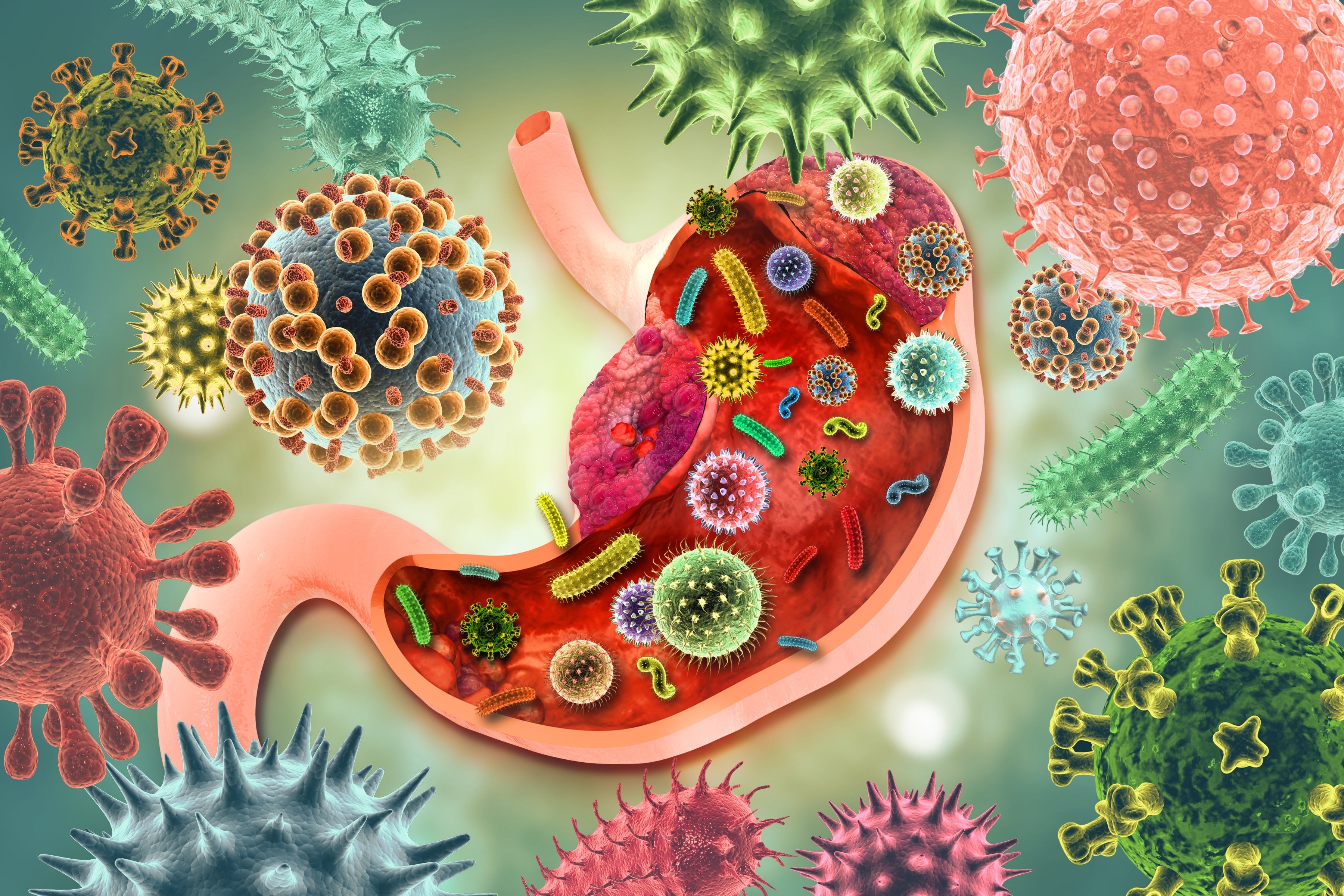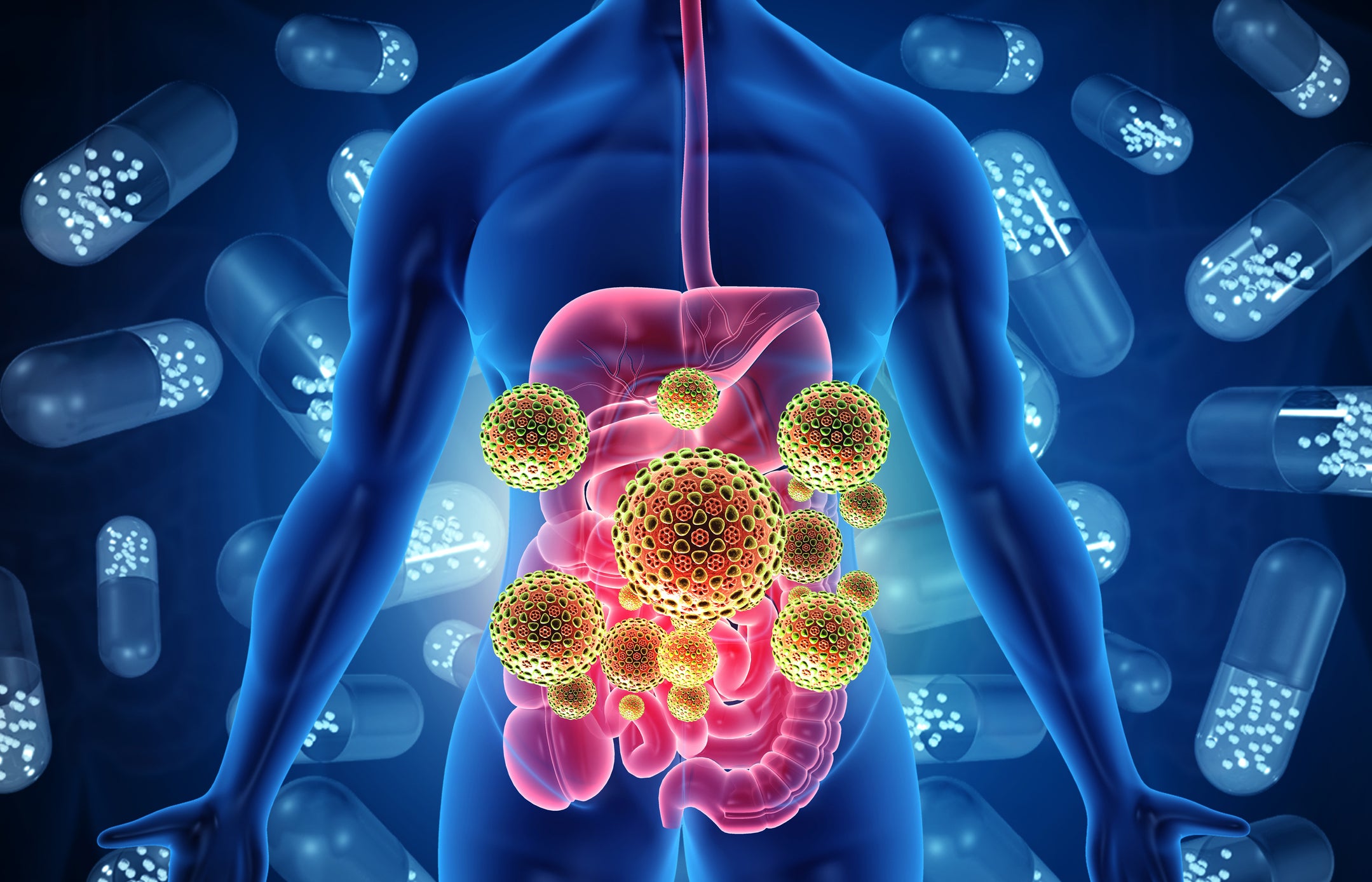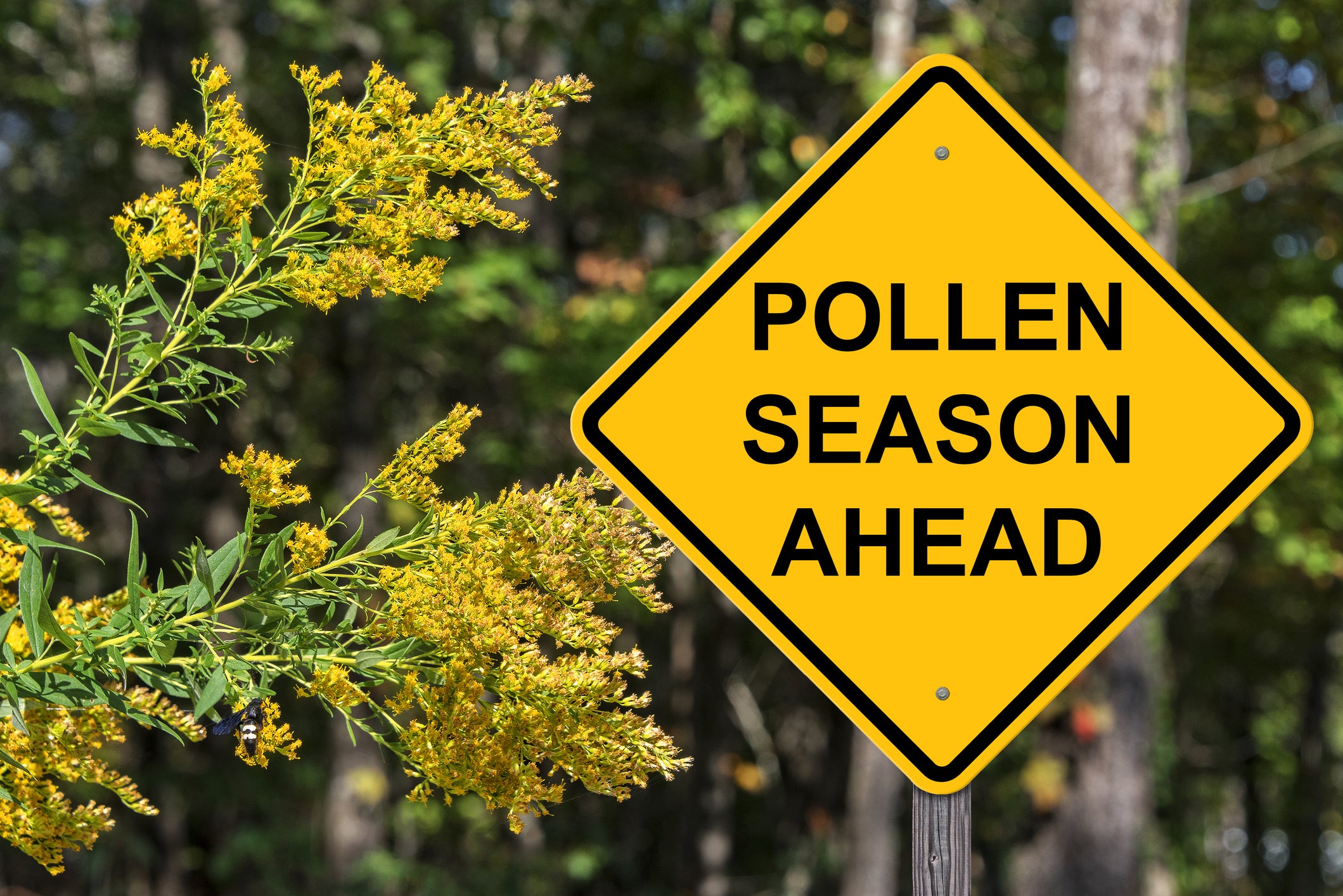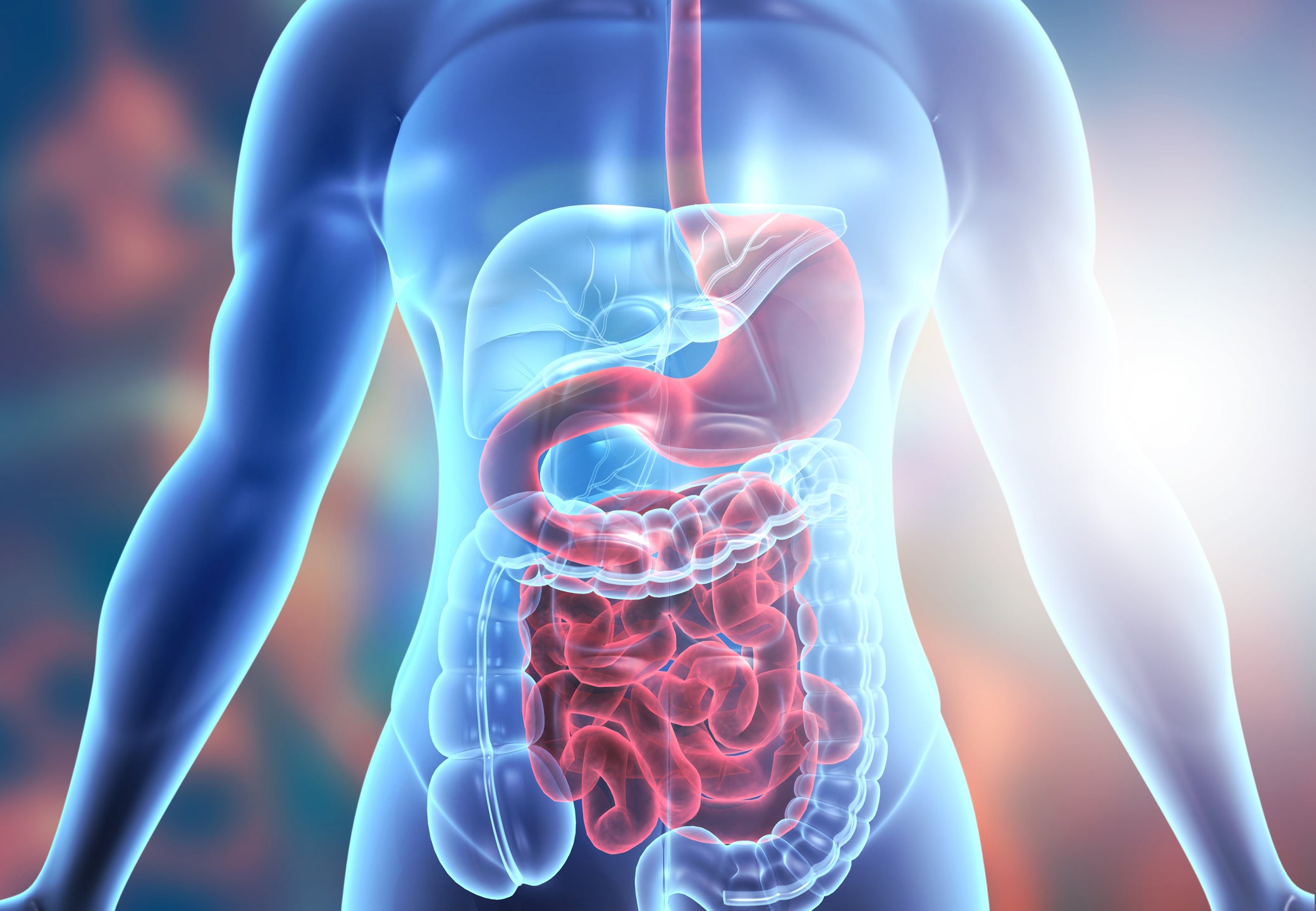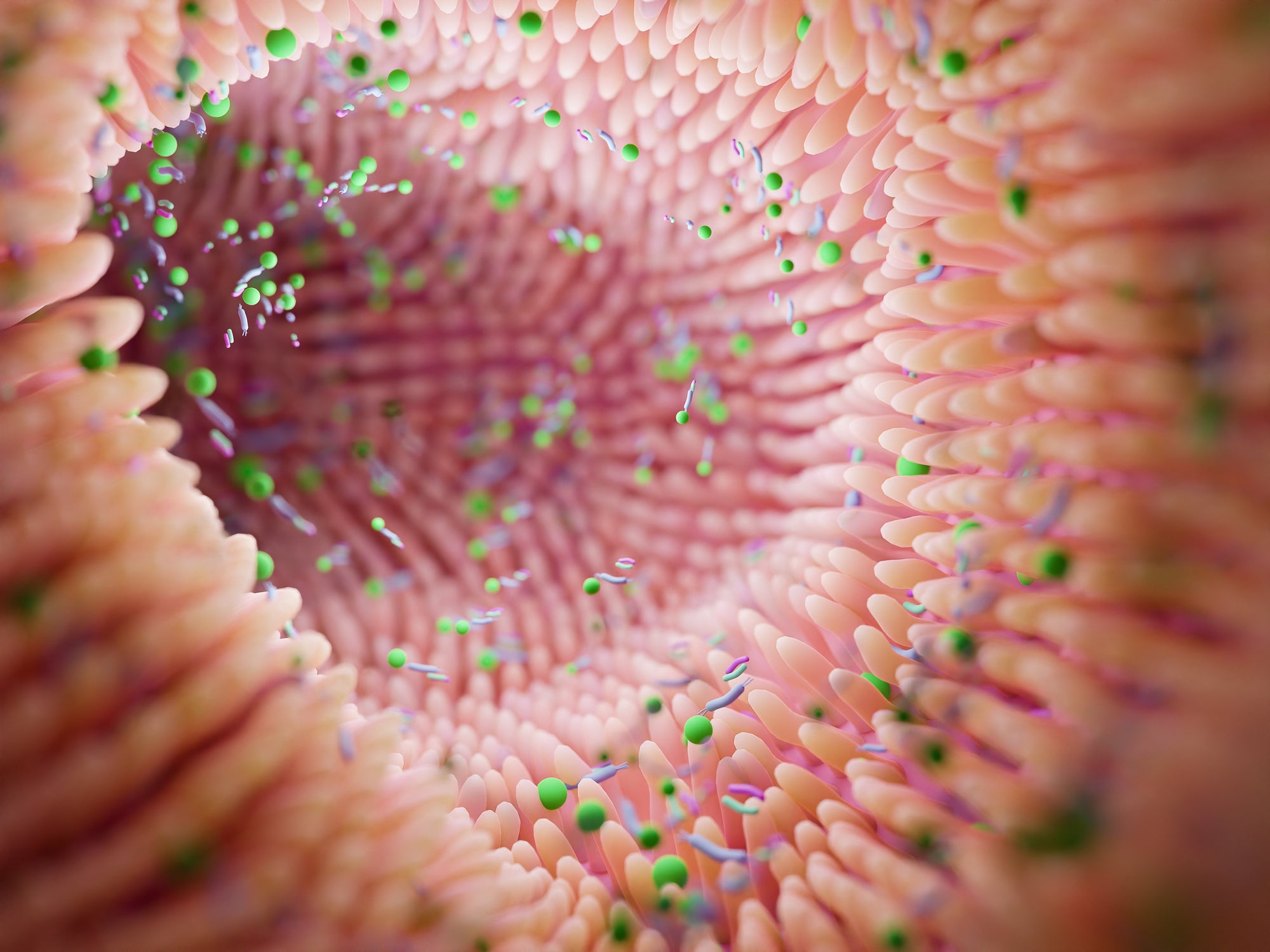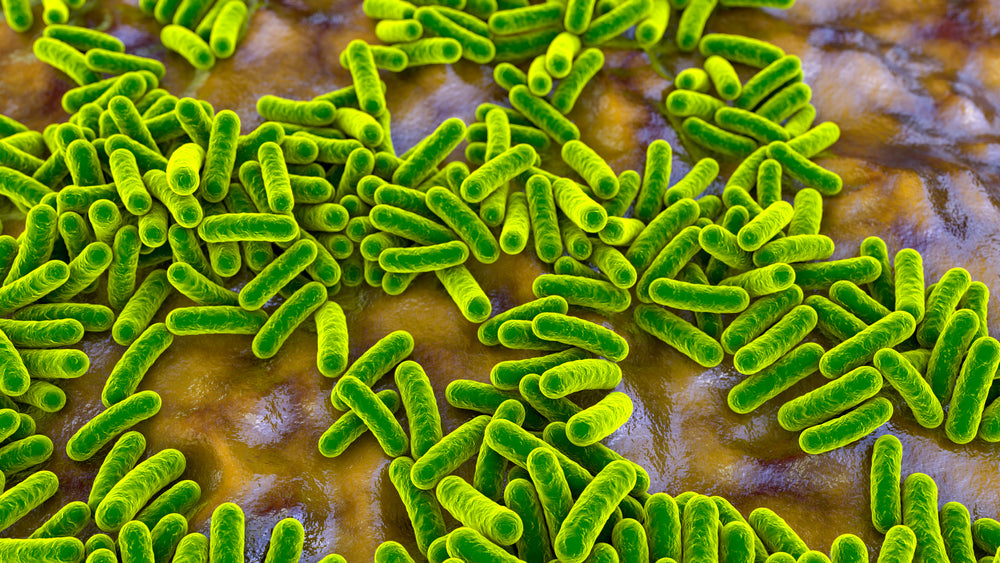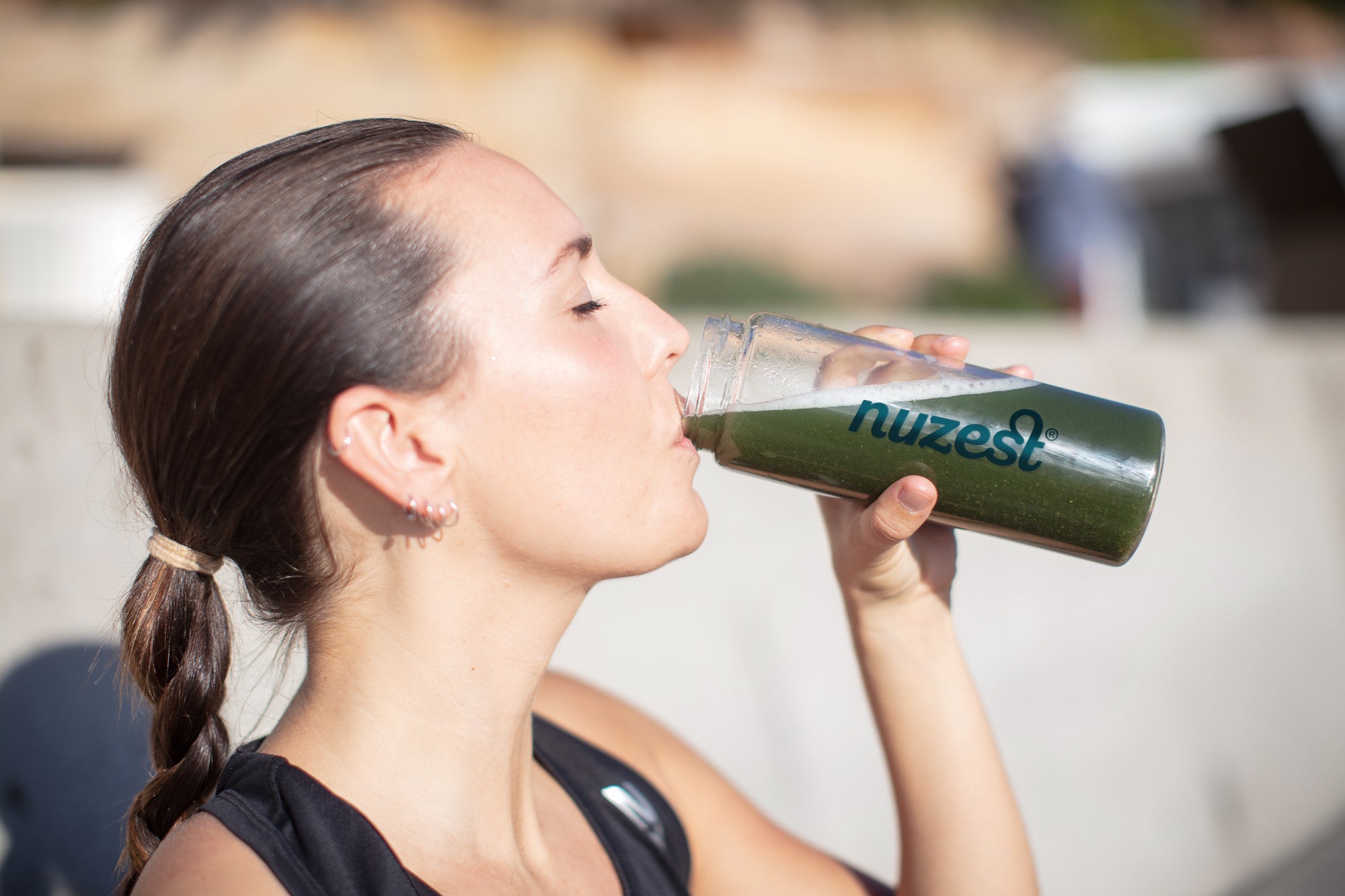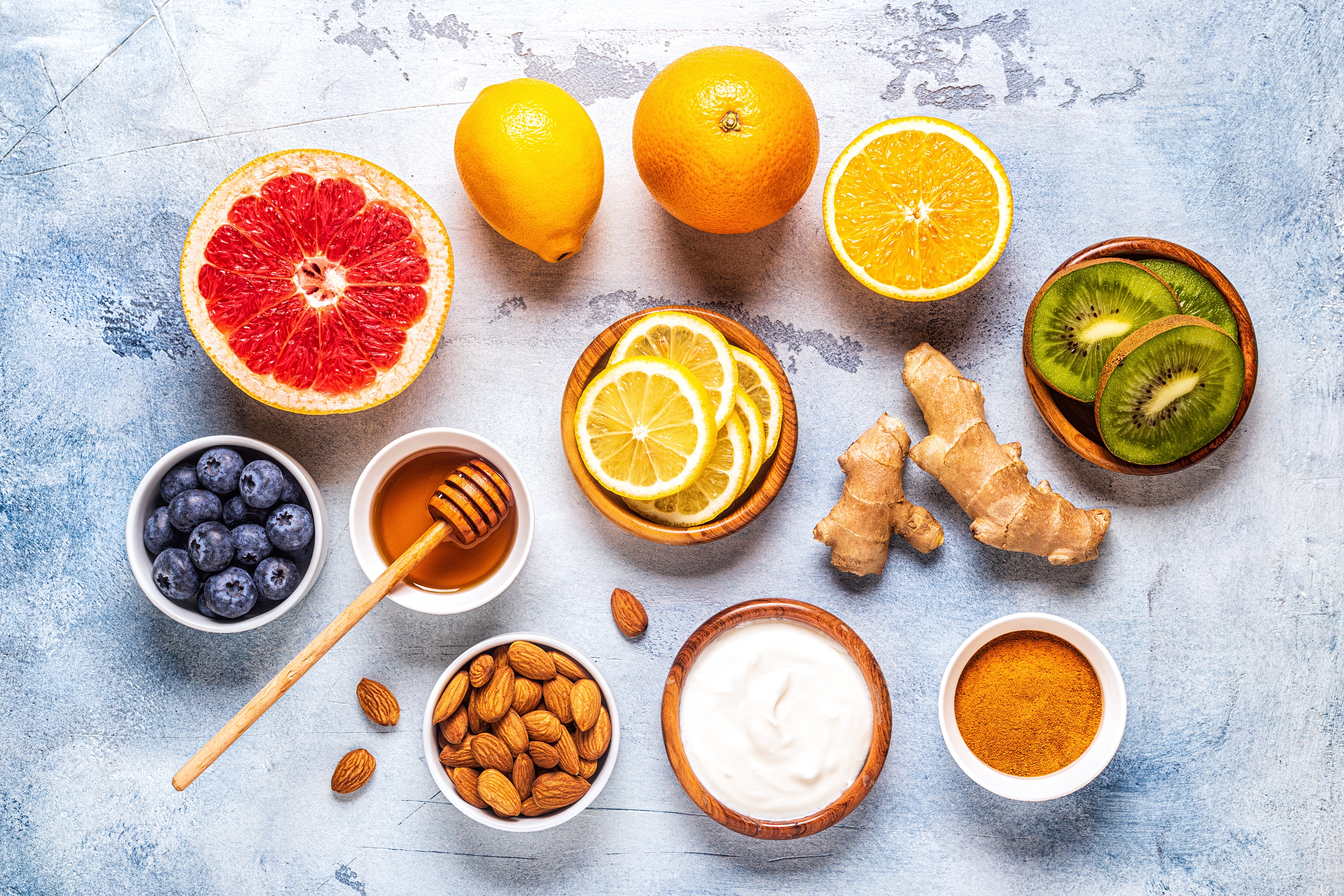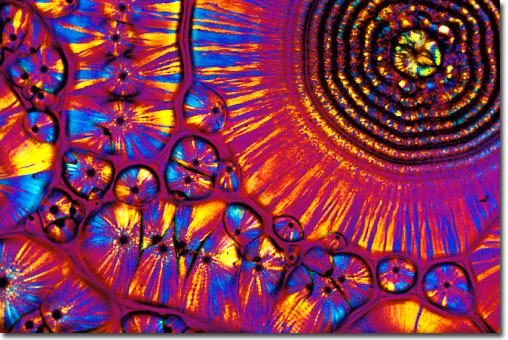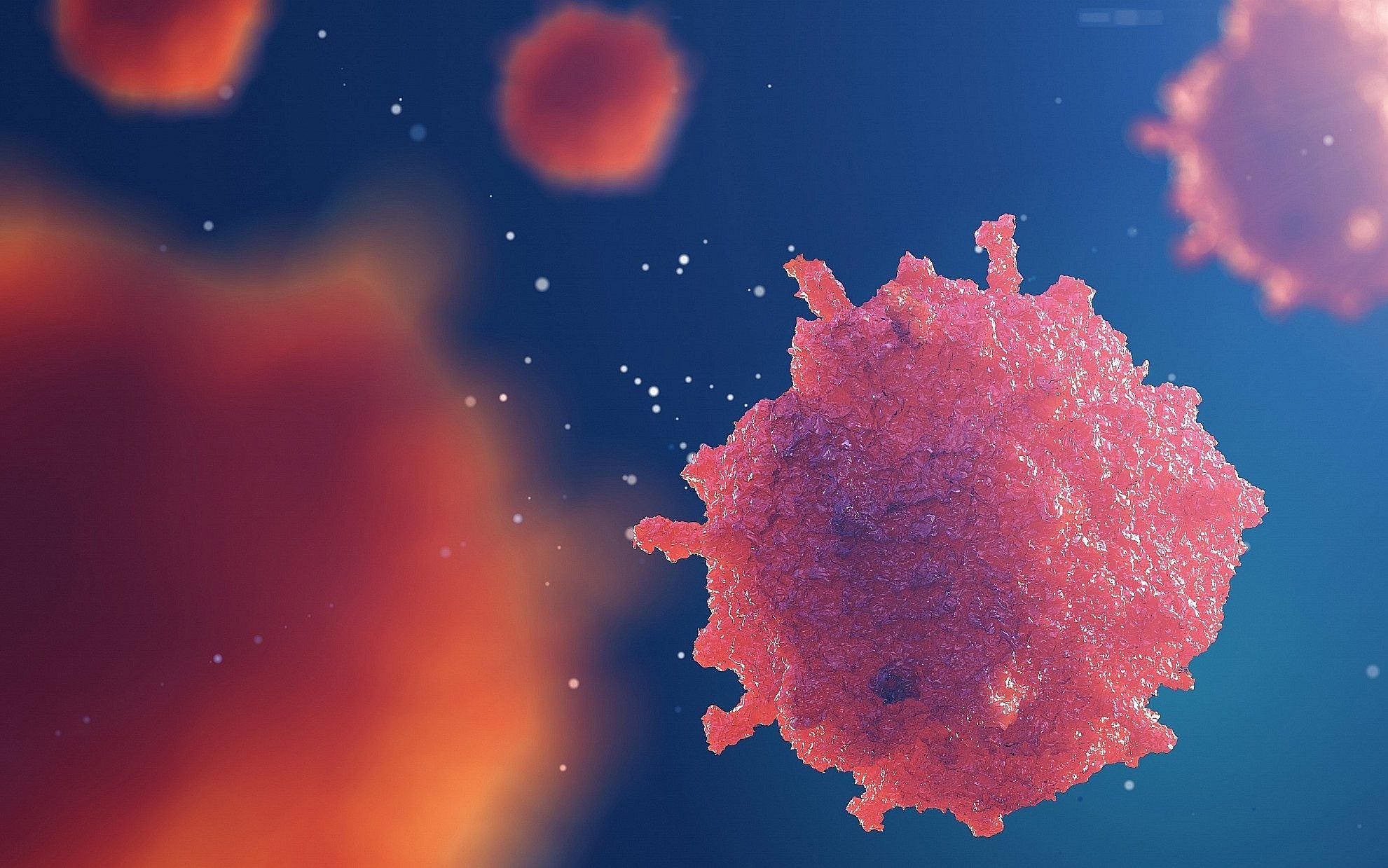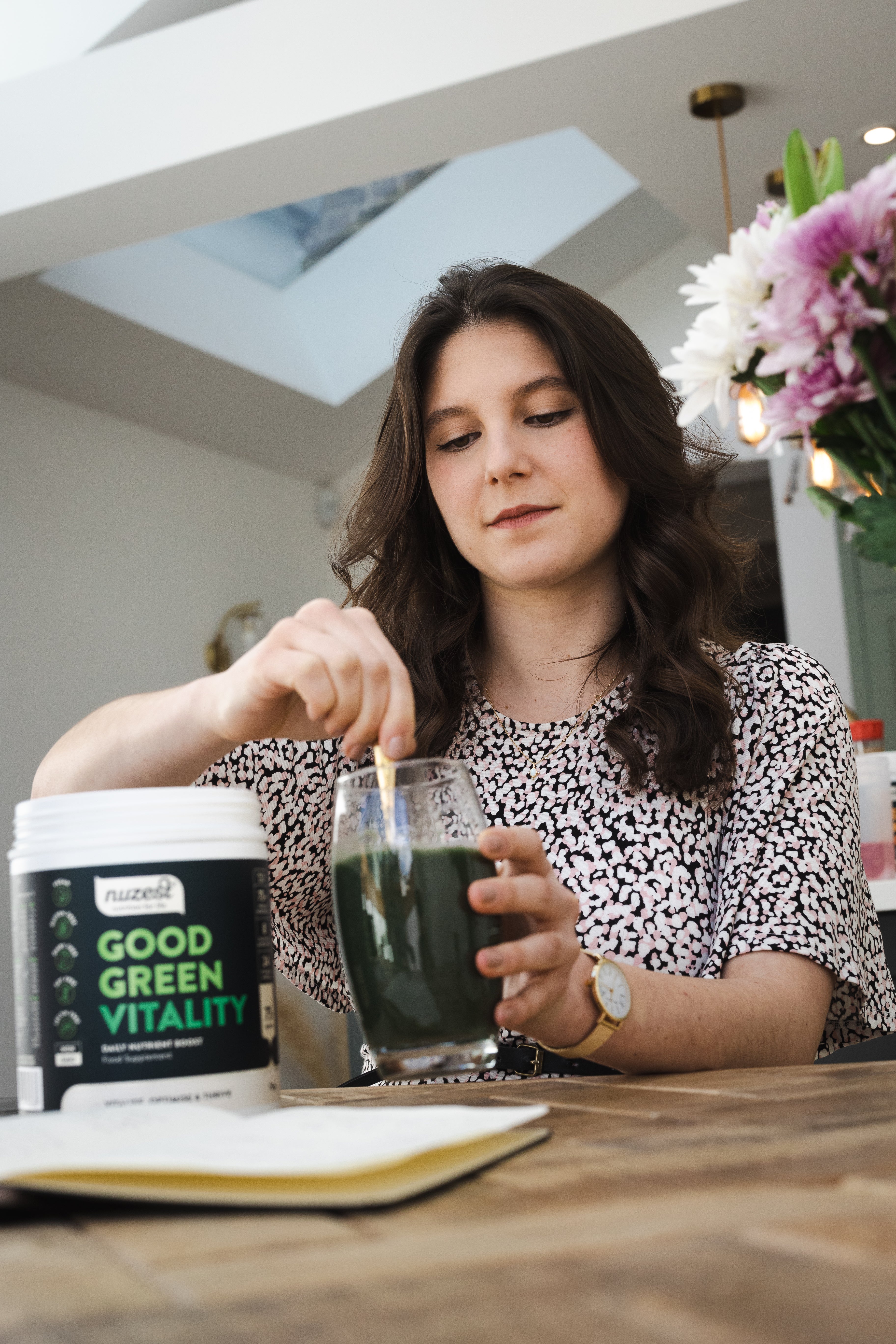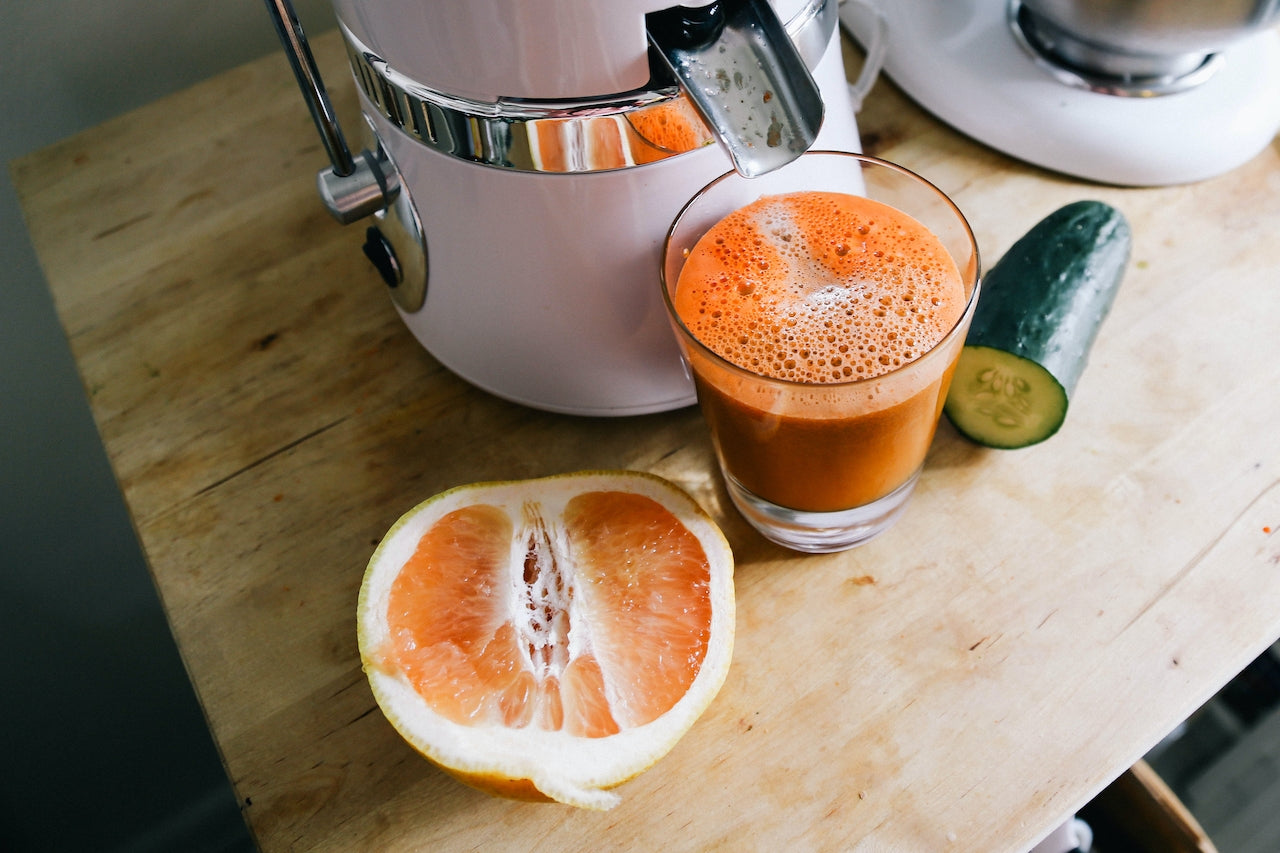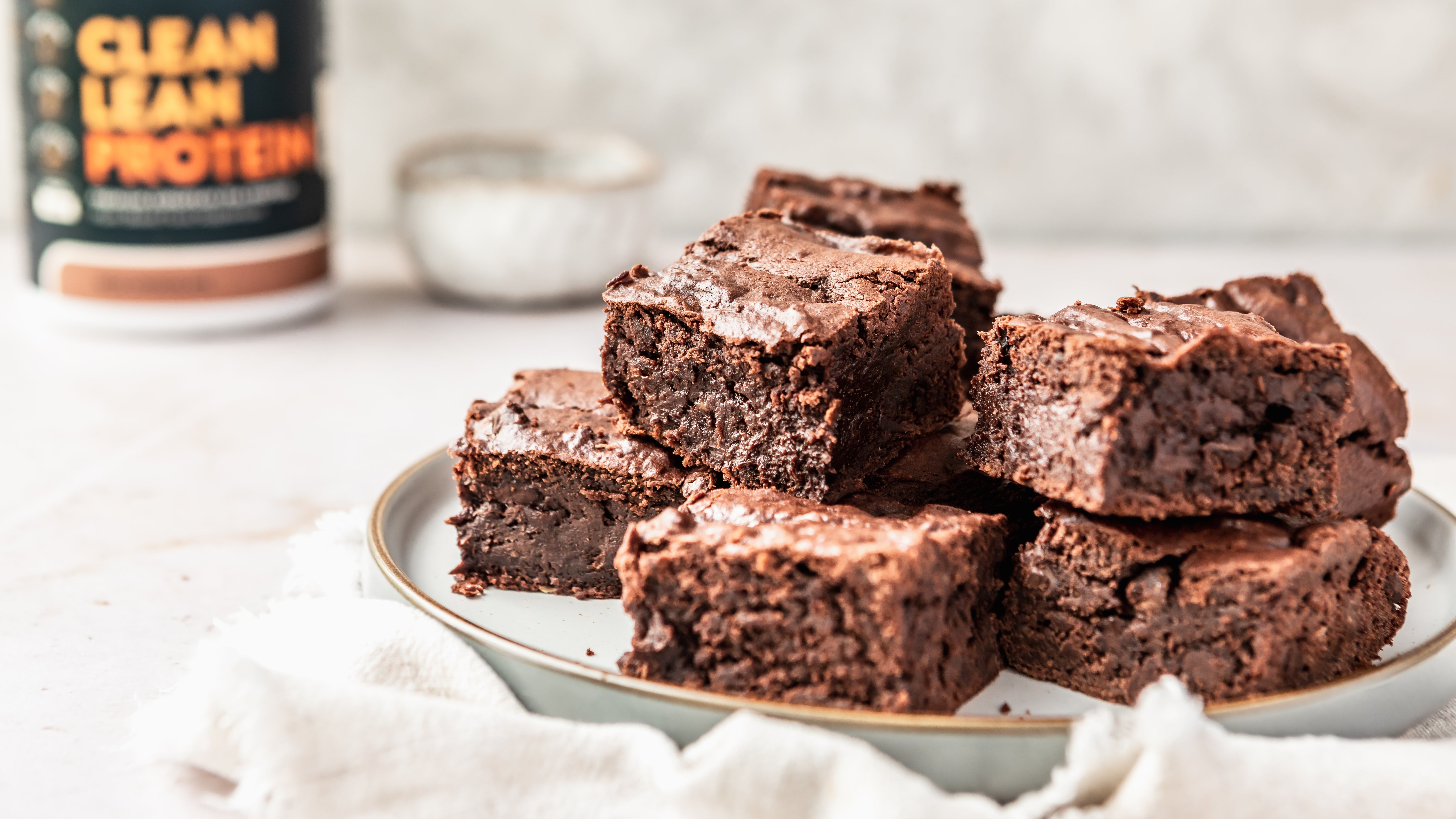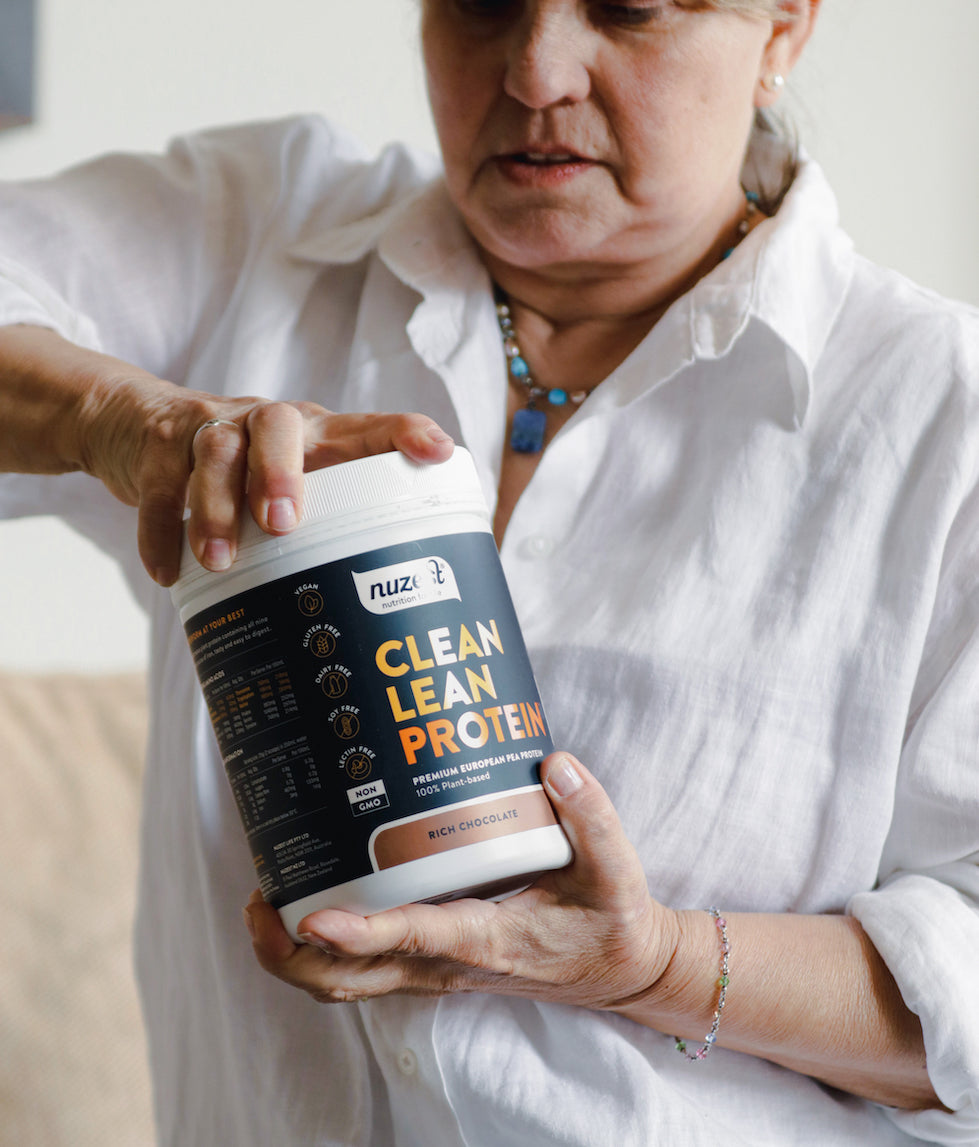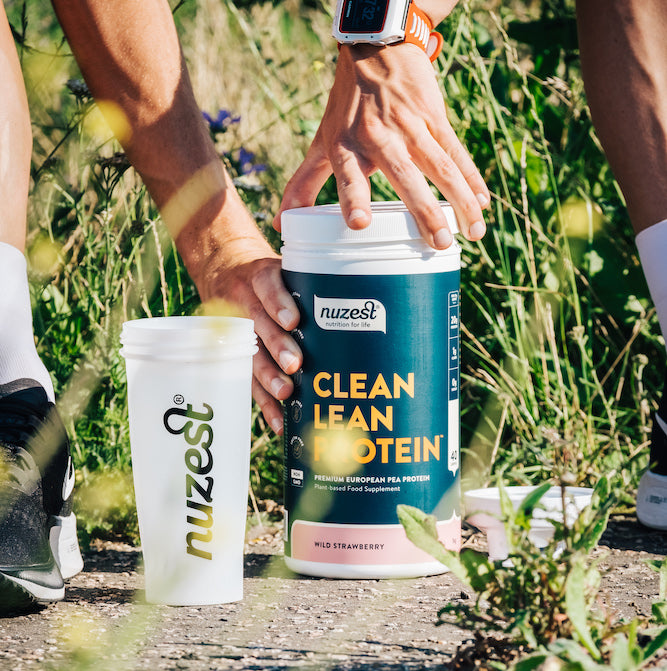By Registered Associate Nutritionist Laura Jennings (BSc, MSc, ANutr)
Introduction:
Collagen supplements have exploded into a massive industry, promising everything from smoother skin to healthier joints. But how much of these claims can we trust? Collagen peptides, renowned for their triple-helix structure, are broken down into amino acids during digestion, yet they might not necessarily target our expectations—like our skin. So, where do these amino acids go? If collagen breaks down into amino acids, can we simply replace it with regular protein and expect the same benefits? To answer these questions, let's delve into the science behind collagen supplementation and examine the scientific evidence for its real-world impact on health and beauty.
The Absorption of Ingested Collagen:
Collagen is the most abundant protein in the human body, present in skin, bones, tendons, and connective tissues. When ingested, collagen is broken down by the stomach's acidic environment and digestive enzymes into small peptides.[1] These components are then further broken down into individual amino acids before being absorbed into the bloodstream and distributed throughout the body to areas where protein is most needed, rather than being directed to specific areas like the skin.[2] While consuming collagen provides a higher ratio of amino acids such as proline and glycine, which are essential for forming the triple helix structure of collagen, the body can still produce collagen effectively with general protein supplementation. This is because the amino acids derived from any protein source can be used by the body to synthesise collagen, and ingested collagen essentially ends up as amino acids.[3]
Beyond the Surface:
Collagen fragments, particularly types I and IV, have significant biological functions. They are actively involved in the body's response to inflammation and wound healing processes.[4] These fragments attract neutrophils, immune cells that fight infections and clear debris from damaged tissues.[4] So, if we are injured or have any existing inflammation in our bodies, that's where our collagen will most likely be utilised. Supplementing collagen goes beyond just targeting wrinkles and fine lines; it has a much broader impact on overall body health. Regular proteins such as whey have also been shown to accelerate the entire wound healing process.[4] In a recent controlled experiment exploring protein's role in tissue repair, researchers found that protein intake stimulates the early formation of new collagen fibres after injury.[4] Using Masson staining, a method for identifying collagen fibres, they observed that whey and other compound proteins actively promote collagen fibre growth. This raises the question: If collagen is essentially formed by proteins, do we need to supplement both separately?
The Body’s Collagen Synthesis:
The body synthesises collagen through a complex process that requires specific amino acids—primarily glycine, proline, and hydroxyproline—along with vitamin C and other cofactors like iron and copper.[5] This synthesis depends on obtaining these building blocks from the diet, rather than solely from collagen supplements. When you consume protein, the body breaks it down into amino acids, just as it does with ingested collagen supplements.[5] Consuming regular protein supports the body in producing its own collagen and aids in other essential functions, including maintaining muscle mass, supporting metabolic processes, and enhancing immune function.
Building Collagen - The Role of Protein:
A balanced diet rich in diverse protein sources such as poultry, legumes, nuts, seeds, and grains provides the essential amino acids necessary for collagen production.[5] For those adhering to plant-based diets, combining various plant proteins ensures a complete amino acid profile, supporting overall protein synthesis, including collagen production. Collagen synthesis is facilitated by foods rich in proline, glycine, and lysine, amino acids found abundantly in common beans.[5] Research focusing on legumes, like beans and peas, highlights their role not only as protein sources but also as enhancers of collagen synthesis and maintenance due to their minerals and natural bioactive compounds.[5][6] These nutrients serve as crucial building blocks and supportive substances, fostering the development and long-term resilience of collagen in the human body. Additionally, plant-based protein supplements like pea protein powder are notably rich in lysine, an essential amino acid critical for forming the cross-links that strengthen collagen fibres.[6] Therefore, incorporating a variety of protein sources in your diet, along with consuming vitamin C-rich foods such as citrus fruits, strawberries, and kiwi, can significantly contribute to healthy collagen production and overall tissue health without the need for additional collagen supplements.[5]
Final Thoughts:
The marketing of collagen supplements often implies a direct route from ingestion to skin and joint improvements. However, scientific evidence does not support this oversimplified claim. The body's metabolic processes prioritise amino acids based on immediate physiological needs, which may not align with the targeted benefits advertised by collagen supplement manufacturers. Both collagen and regular protein intake result in the breakdown into amino acids, which the body then uses to build various proteins, including collagen. Consuming a varied protein diet is generally more advantageous than relying solely on collagen supplements, as it provides a complete amino acid profile and adapts more effectively to the body's diverse physiological demands.
References:
1.Wang H. A Review of the Effects of Collagen Treatment in Clinical Studies. Polymers (Basel). 2021. 9;13(22):3868.
2.Chan T.H. The Nutrition Source. Collagen. School of Public Health Harvard. 2021.
3.Paul C, Leser S, Oesser S. Significant Amounts of Functional Collagen Peptides Can Be Incorporated in the Diet While Maintaining Indispensable Amino Acid Balance. Nutrients. 2019 May 15;11(5):1079.
4.Mathew-Steiner SS, Roy S, Sen CK. Collagen in Wound Healing. Bioengineering (Basel). 2021 May 11;8(5):63.
5.Añazco C, Ojeda PG, Guerrero-Wyss M. Common Beans as a Source of Amino Acids and Cofactors for Collagen Biosynthesis. Nutrients. 2023 Oct 27;15(21):4561.
6.Shanthakumar P, Klepacka J, Bains A, Chawla P, Dhull SB, Najda A. The Current Situation of Pea Protein and Its Application in the Food Industry. Molecules. 2022 Aug 22;27(16):5354.


